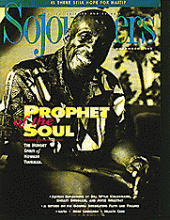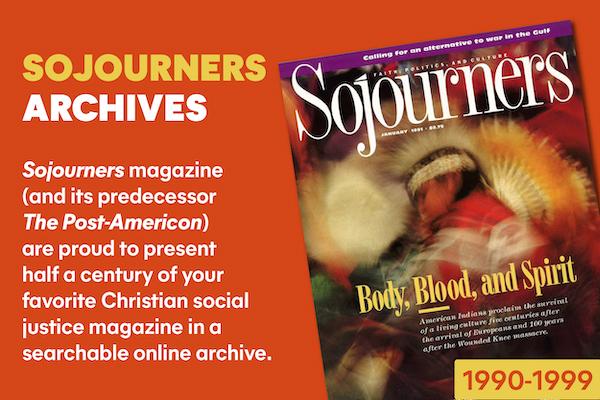Outside of my father, the man who had the greatest influence on my life was a man I met only once and that very briefly at a party. But for all my academic career at Howard University, I sat at Howard Thurman's feet every Sunday in the university's Rankin Chapel.
He would bring in the guest preachers--men and women, black and white, of great renown, responding to the invitation of this remarkable man. Thurman would sit at the side of the stage, a still, somewhat brooding figure, in a simple black academic gown with no marks of distinction. He came alive at the lectern--his voice was low, and he seemed to struggle to give words to his thoughts too profound for utterance. It was almost an act, and he had many imitators. The outward manifestations could be easily imitated.
I never heard anyone--not then, not ever--who for me could match his wide-ranging, searching mind or the language he used to share his thoughts. At the beginning of his sermons, he had a habit of reading a synopsis of them.
"This is what I want to say," he'd declare with a characteristic diffident smile and a twinkle in his eye. "I may go far afield so I want you to have (in a concise form) the idea I shall be pursuing."
He was always pursuing ideas, so he was a naught-for-your-comfort kind of person for those whose passions were single-minded. He is known for his deep spirituality, and his many books of meditations are rich food for, as he calls them, "apostles of sensitiveness." As I wrote that last sentence, however, I feel a further connection with him as I wrestle with the issue of ambiguity. His influence on my life goes on and on.
Read the Full Article

